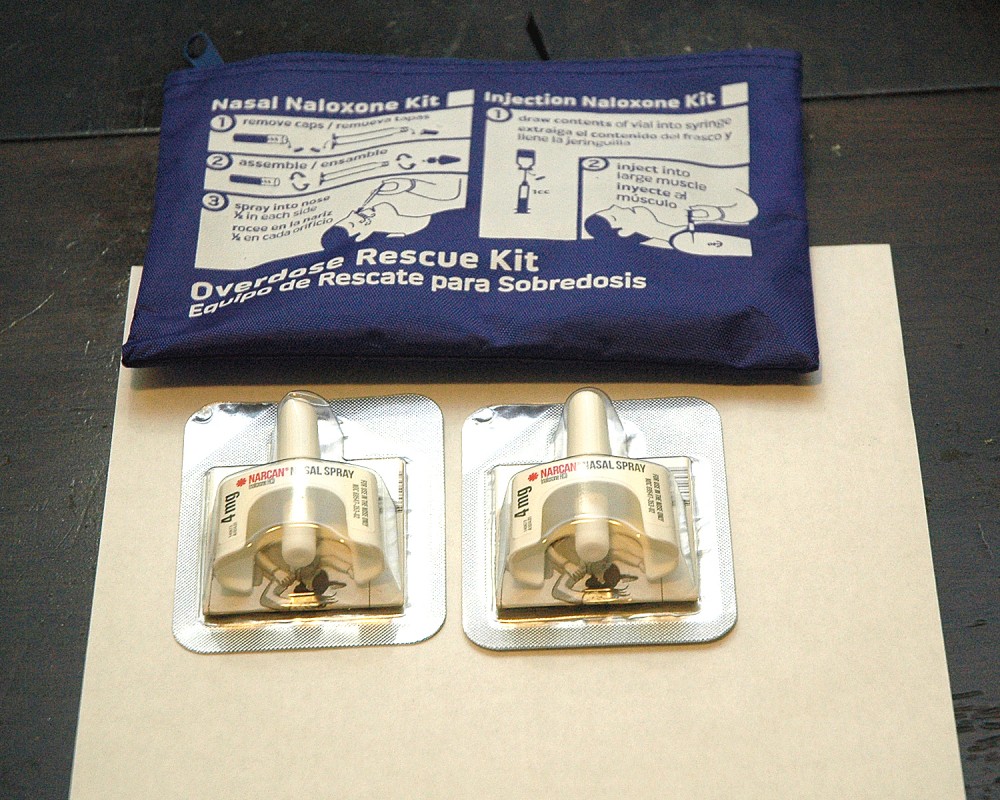On 28th June the Office of the United Nations High Commissioner for Human Rights released its report, “Agenda towards transformative change for racial justice and equality,” which highlights the pervasiveness of discrimination faced by Africans and people of African descent around the world. It points to the fact that ‘systemic racism and enduring harmful and degrading associations of Blackness with criminality and delinquency also shape interactions of people of African descent with law enforcement officials and the criminal justice system.’
The report speaks to how drug control props up racist systems and explicitly calls for states to remove laws and practices that act as incentives to perpetuate racial discrimination in law enforcement and the criminal justice system – including by reforming drug policies, laws and practices with discriminatory outcomes, in line with international human rights standards.
The report includes two critical takeaways for people working in drug policy, harm reduction and related human rights fields. Firstly, the report and its accompanying conference room paper amplify civil society and academic data which demonstrate disproportionately adverse outcomes for people of African descent in contact with law enforcement compared to other racial and ethnic groups, including disproportionate stops, arrests and incarceration for drug-related offences. The conference room paper categorically concludes that ‘people of African descent are disproportionately affected by excessively punitive drug policies and are more likely to be apprehended, searched, arrested, convicted, and sentenced to death for drug-related crimes.’
Release’s research on disproportionate drug-related stop and search practices for people of colour in the UK and Harm Reduction International’s analysis which shows foreign nationals are over-represented on death row for drug offences, especially in Asia and the Middle East, support the UN’s conclusions.
Secondly, the report concludes there are three key contexts which underlie the vast majority of police-related deaths (>85%):
- the policing of minor offences, traffic stops and stops-and-searches;
- the intervention of law enforcement officials as first responders in mental health crises; and
- special police operations – many of which are actions related to the war on drugs.
In the context of special police operations related to the war on drugs, the conference room paper highlights the killing of Breonna Taylor in the US which was the result of a drug raid, and the killing of João Pedro Matos Pinto, a 14-year-old Afro-Brazilian boy, during a joint anti-narcotics operation.
Tragically, such cases are not rare. From the police officer who shot Philando Castille suggesting the smell of cannabis made him fear for his life, to the tens of deaths connected to drugs and alcohol documented in the Guardian’s database on Indigenous deaths in custody in Australia, the war on drugs continues to be used as justification for racist police violence.
Just this month, the police killed a Romany man named Stanislav by kneeling on his neck in Czechia. On the official record the police, who were initially called following reports of an altercation and damage to cars, emphasise Stanislav’s use of amphetamines above the fatal restraints used. Had it not been for bystanders filming the incident, the public would likely be unaware of what actually happened.
Urgent and persistent advocacy against racism is required from all stakeholders at all levels, including and especially by drug policy and harm reduction advocates, given the outsized role of the global war on drugs in driving racist policing and propping up racist structures of power. Data collection, especially those coming from community and civil society, remains a critical step in our work to confront racist legacies and end racist drug law enforcement. We must hold governments to account at every level to ensure accountability and redress in line with the report’s proposal for global transformative agenda for racial justice and equality. It is time to take action.


